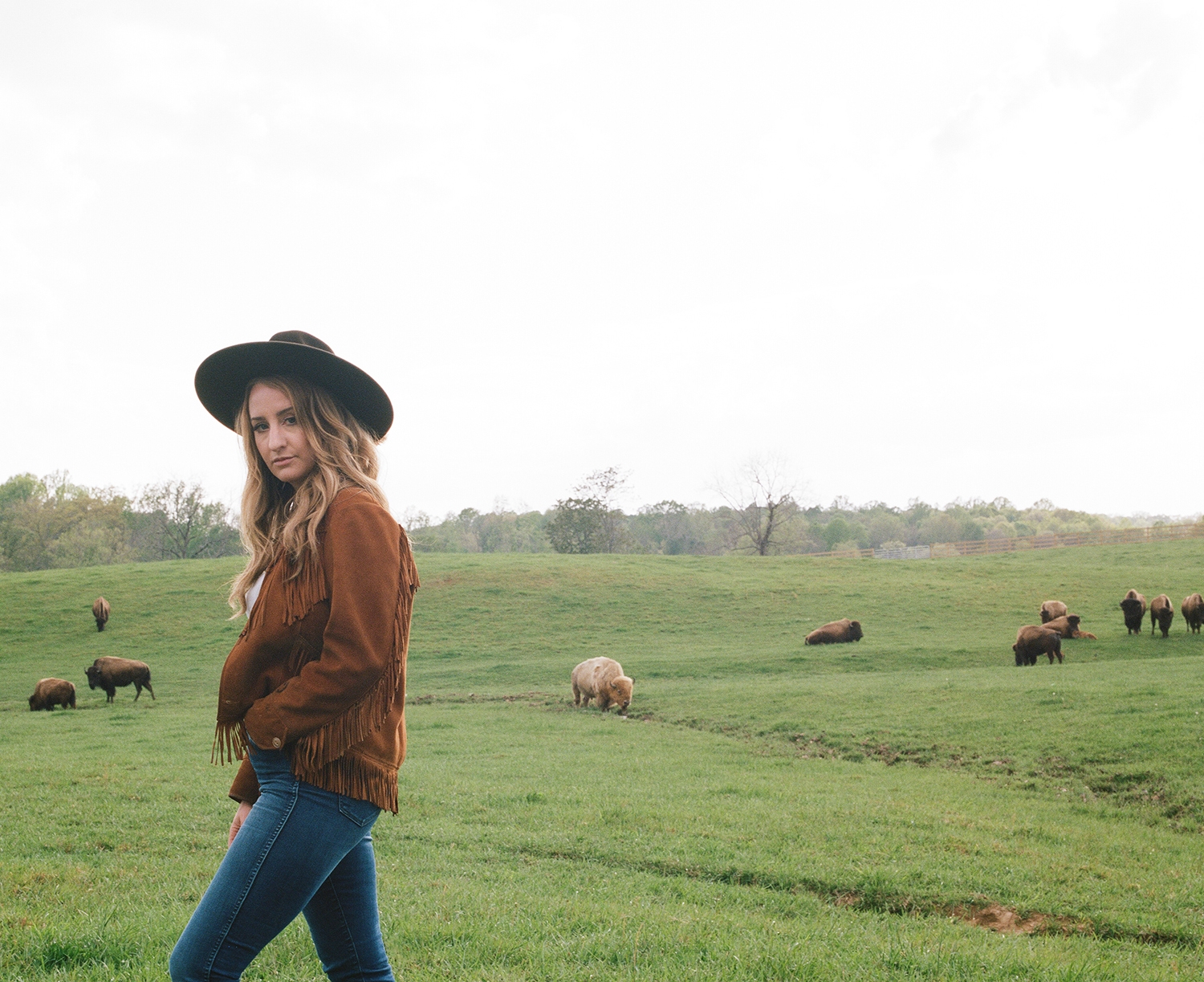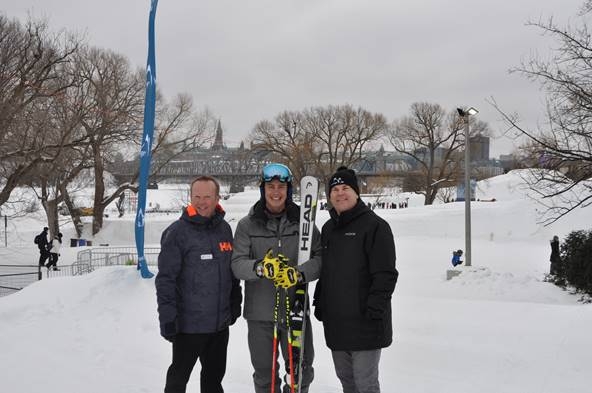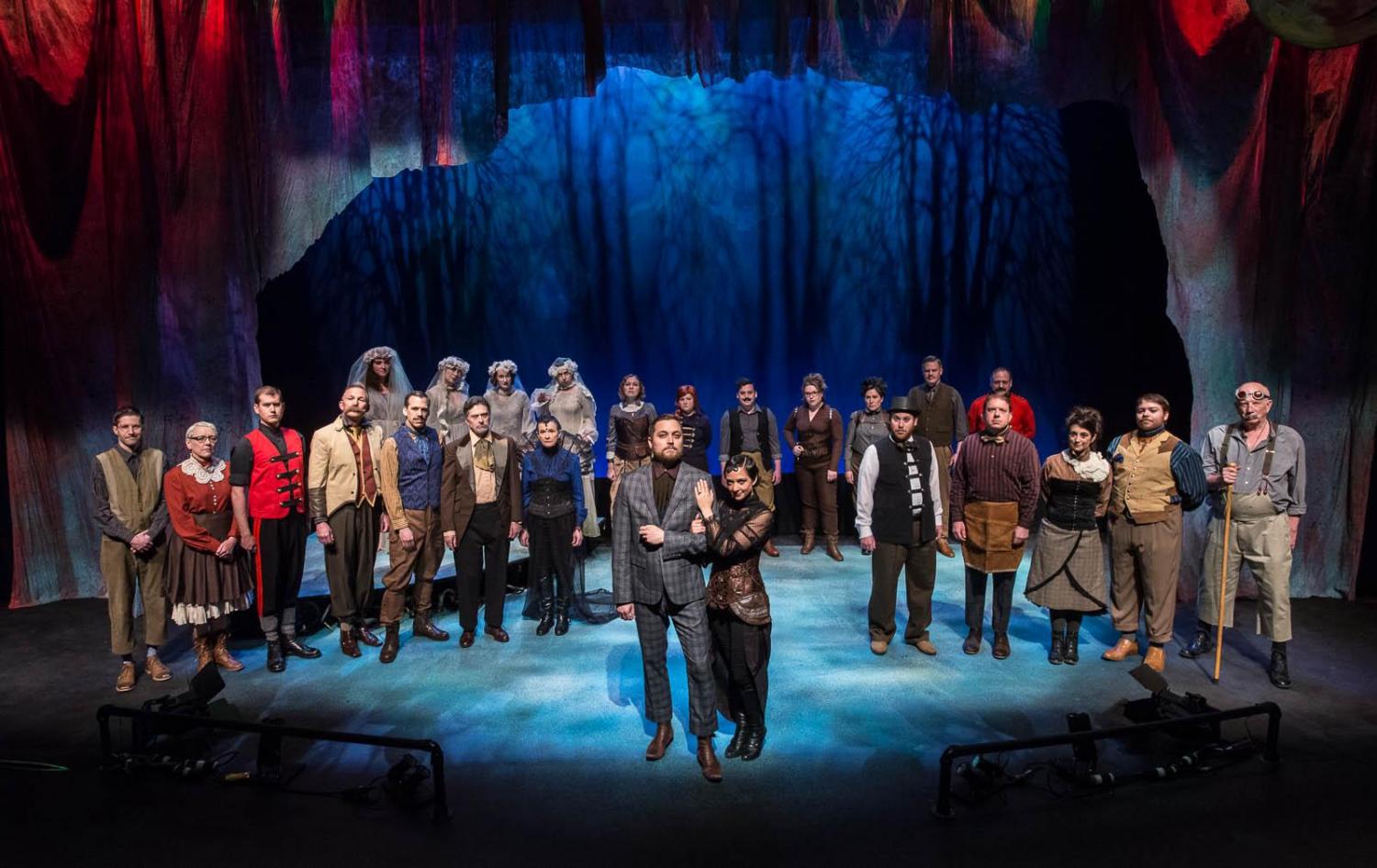
Margo Price Brings Grit Back To Country
 Ottawa Life’s Festival City Series is back! We'll provide a unique look at some of your favourite events.
Ottawa Life’s Festival City Series is back! We'll provide a unique look at some of your favourite events.
We’ll go beyond the music with artist interviews, volunteer profiles, concert reviews and spotlights on
the tastes, sights and sounds of the festival season.
Your city! Your festivals!
Like a good sunscreen, Ottawa Life has you covered.
Margo Price doesn't stand by the self-aggrandizing route that country (or even blues for that matter) has taken these days. After struggling as an artist for over a decade she comes by her beaten down country songs about crying, drinking and time in jail quite honestly. Catching a break recently with Jack White's Third Man Records label, Price went from the edge of poverty to national attention, and soon her sophomore release, All American Made. We caught up with Price ahead of her new record and appearance at Cityfolk on September 17 to talk about her new record, making earnest music and how she worked with Willie Nelson.
Ottawa Life: What inspired you to go back and bring out a Buffalo Clover (One of Price's previous bands) track for this record? You even titled your record after it?
Margo Price: My husband and I had made that track a couple of years ago, but it never got recorded with that band. It was right as the band was breaking up, so we'd really only played it twice, in a small venue where only 20 people heard it. As far as using it as the album title, it just felt right. Once I decided on it, it was hard to dissuade me. We've always had albums with three word titles, it's been a tradition of ours, kind of a good things come in threes idea I guess. Things have been changing here in the states, there's a lot tension going on and it feels very divided. All American Made felt like a good way to get out my mood on the situation.
What did Alex Munoz and Matt Ross-Spang bring to the process and how did the co-producing process work for you and Jeremy?
We came in and really already had a good idea about the structure of the songs, and the instrumentation. I wanted to be able to produce myself and help direct things. It's really great when you have four people who are friends and everybody is just throwing out ideas, nobody is worried about anything but making the song's the best they can be. Alex and Matt helped a lot with just getting the sounds we wanted. They ran a fiddle through a guitar amp and mic'd it in a crazy way, they got these big sounds. They made the drums sound big, and had creative ways of mic'ing it all to make it sound that way. We would work for 10 hours and we would all leave, then Matt and Alex would stay there mixing and working on things until 5 or 6 in the morning, then they were back in at 11 a.m..
What stuck out to me so much about your brand of country was its insistence on the sad spirit of Country through break ups, drinking and crime, what brought you to these themes when even modern country artists outside of pop seem to be writing more standard lyrics?
I think that a lot of the music I've been attracted to, whether it be blues or country or folk songs, I like the ones that talk about the grit and the sadness. It's nice to write a happy song, but there's a lot of trouble going on in the world, so it feels natural for me to write about it. It's therapeutic, whether it be my inner turmoil or other things that are going on, it takes it off me to say it and put it out there. There's a lot of bad music out there and there's a lot of people focused on the wrong things. When those people have a lot of power, you can lose some of the realness.
Considering how close your EP release has been to your record, was this a testing bed for songs or did you want to put our these more sonically reaching tracks that just would've felt separate from the record?
We went into the studio in December, and we got down all these songs, we were even looking at a double album. I started thinking about it, and I decided I didn't want to do a double album. I'm not sure if it has something to do with the world's attention span, where everything has to fit into 140 characters. I also just wanted to get some music out there, content in this day and age is our friend. It was nice to just put those songs together and give people some new music. I don't like to make people wait, and chew out an album for three years. I want to be working on my live show and making it more enjoyable. When you play the same ten songs over and over for three years it limits you artistically as a writer. We wanted to take those songs and add them to our live show. "Paper Cowboy" felt like such a big production it was nice to put it out on its own thing.
I understand it was a pretty trying time when you were trying to find a home for Midwest Farmer's Daughter, how did you end up with Third Man Records?
We tried to get that record out for quite some time. We were sending it to anybody and everybody inside and outside of Nashville. We were just getting no after no, and it was starting to look pretty dower. We sold our car, we got rid of a lot of our nice recording equipment just to fund it. It was serendipitous how it happened, we heard from our pedal steel player, "Jack wants to hear your record." We were talking to Ben Swank and the people at Third Man, and they just loved it right off the bat. They didn't want to change anything, they were super supportive to letting me say and do whatever I wanted on my albums. It's been a good change in the music business for us.
How was it working with Willie Nelson on "Learning to Lose"? Did he offer any advice or help shape the song?
The whole thing happened really organically. We'd been opening shows for him over this past year, getting to sing songs with him at the end of his set. Jeremy and I were thinking when we wrote "Learning To Lose," "Oh it would be so great if we could get Willie to duet on it, it was just a pipedream. We threw it out there and he loved the song. I sent him all the vocals, and he said "Come down to Spicewood, Texas where my studio is." He was going to be working on some of his songs for God's Problem Child, he was laying down a bunch of lead guitar work. We flew down to Texas, and we got to the studio before him, "Trigger" was all set up with a microphone, a stool and an ashtray with a joint all ready to go. He laid the track down, it didn't take him long at all, he was so professional. We got to stay and listen to him lay down guitars for his album, which was a real treat, we spent about eight hours there.









